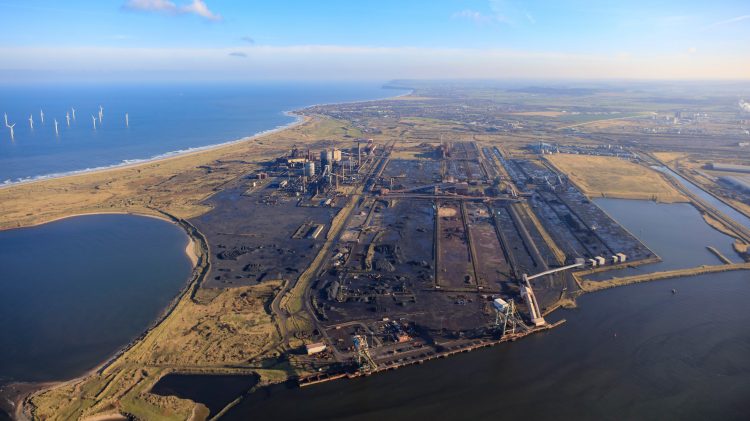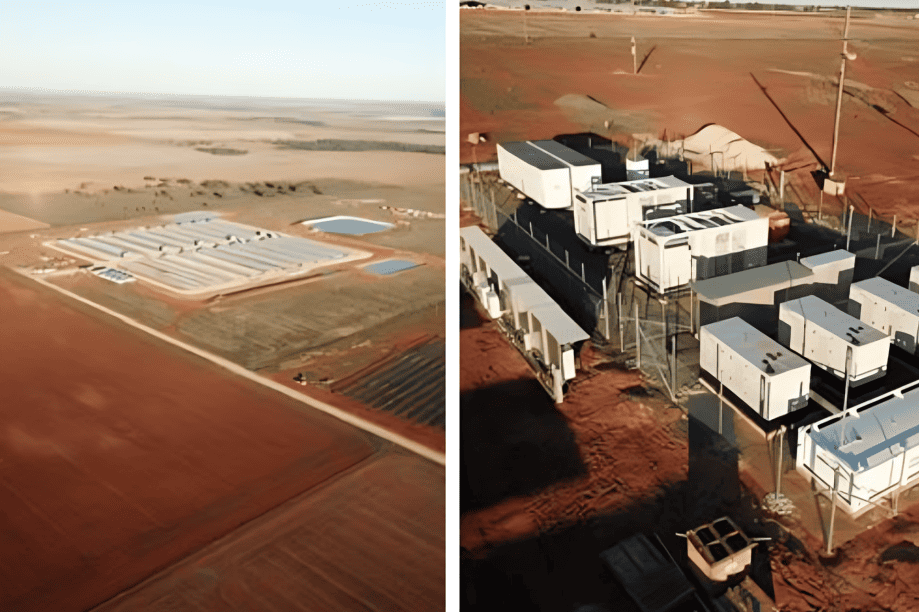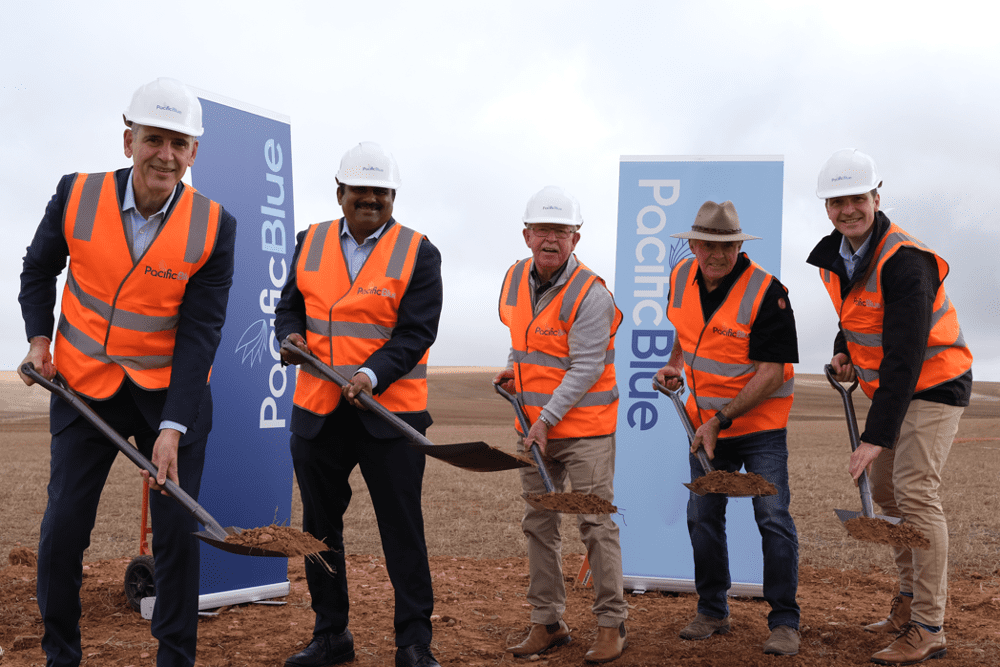
bp has today announced that it is developing plans for the UK’s largest blue hydrogen production facility, targeting 1 gigawatt of hydrogen production by 2030. The project would capture and send for storage up to two million tonnes of carbon dioxide (CO2) per year, equivalent to capturing the emissions from the heating of one million UK households [1].
The proposed development, H2Teesside, would be a significant step in developing bp’s hydrogen business and make a major contribution to the UK Government’s target of developing 5GW of hydrogen production by 2030.
With close proximity to North Sea storage sites, pipe corridors and existing operational hydrogen storage and distribution capabilities, the area is uniquely placed for H2Teesside to help lead a low carbon transformation, supporting jobs, regeneration and the revitalisation of the surrounding area.
Industries in Teesside account for over 5 per cent of the UK’s industrial emissions and the region is home to five of the country’s top 25 emitters.
Dev Sanyal, bp’s executive vice president of gas and low carbon energy, said hydrogen is an essential complement to electrification on the path to net-zero.
“Blue hydrogen, integrated with carbon capture and storage, can provide the scale and reliability needed by industrial processes. It can also play an essential role in decarbonising hard-to-electrify industries and driving down the cost of the energy transition,” Mr Sanyal said.
“H2Teesside, together with NZT and NEP, has the potential to transform the area into one of the first carbon-neutral clusters in the UK, supporting thousands of jobs and enabling the UK’s Ten Point Plan.”
The project would be located in Teesside in north-east England and, with a final investment decision (FID) in early 2024, could begin production in 2027 or earlier.
bp has commenced a feasibility study into the project to explore technologies that could capture up to 98 per cent of carbon emissions from the hydrogen production process.
With large-scale, low-cost production of clean hydrogen, H2Teesside could support the conversion of surrounding industries to use hydrogen in place of natural gas, playing an important role in decarbonising a cluster of industries in Teesside.
Blue hydrogen is produced by converting natural gas into hydrogen and CO2, which is then captured and permanently stored.
H2Teesside would be integrated with the region’s already-planned Net Zero Teesside (NZT) and Northern Endurance Partnership (NEP) carbon capture use and storage (CCUS) projects, both of which are led by bp as operator.
The project’s hydrogen output could provide clean energy to industry and residential homes, be used as a fuel for heavy transport and support the creation of sustainable fuels, including bio and e-fuels.
The project would be developed in stages, with an initial 500 megawatts of blue hydrogen capacity in production by 2027 or earlier and additional capacity to be deployed by 2030 as decarbonisation of the industrial cluster and hydrogen demand gathers pace.
bp sees potential for further hydrogen demand in Teesside beyond 2030.
Aiming to accelerate the development of the hydrogen cluster, bp has made a number of agreements with possible partners.
- bp has signed a memorandum of understanding (MOU) with Venator, one of the largest global producers of titanium dioxide pigments and performance additives, to scope the supply of clean hydrogen to its flagship Teesside plant.
- bp has also signed an MoU with Northern Gas Networks (NGN), the gas distributor for the North of England, to work together to initiate decarbonisation of the gas networks in the UK, helping to further decarbonise both industrial customers and residential homes through its gas network.
Mark Horsley, Chief Executive Officer at NGN said collaborations such as this demonstrate the scale of the ambition to meet the net-zero challenge and support the UK’s transition to a zero-carbon energy system.
“We’re very excited to be working with bp to explore further the potential of a hydrogen gas network to play a lead role in industrial and domestic heat decarbonisation,” Mr Horsley said.
Separately, bp has also signed an MOU with Tees Valley Combined Authority (TVCA) to explore the potential for green hydrogen in the region, including the development of Teesside as the UK’s first hydrogen transport hub, as announced by the UK’s Department for Transport in September 2020.
Tees Valley Mayor, Ben Houchen, said: “With our expertise in chemicals and processing, Teesside has developed an enviable reputation around the globe as the go-to place to develop hydrogen as a fuel source.”
“This is a huge vote of confidence in our region and puts Teesside at the forefront of efforts to achieve the government’s ambitious target for the UK to be the world’s first major economy to be net-zero, by 2050.”
[1] Based on data from the UK’s Climate Change Committee.











